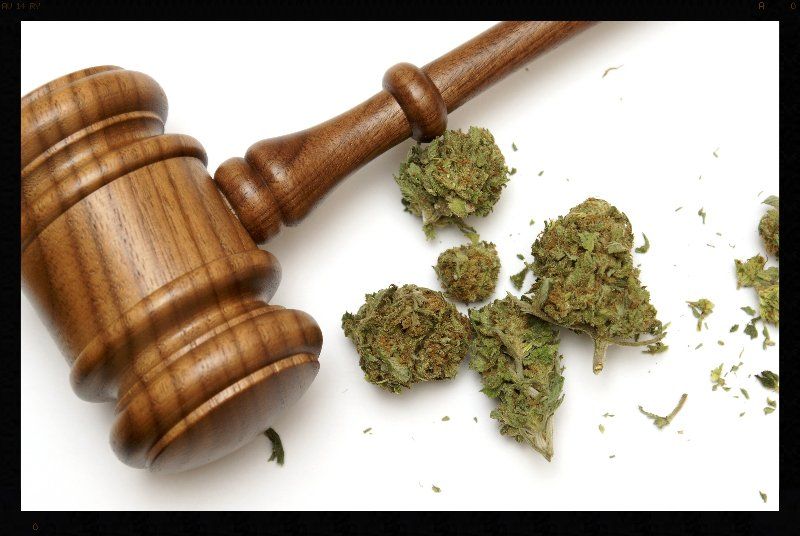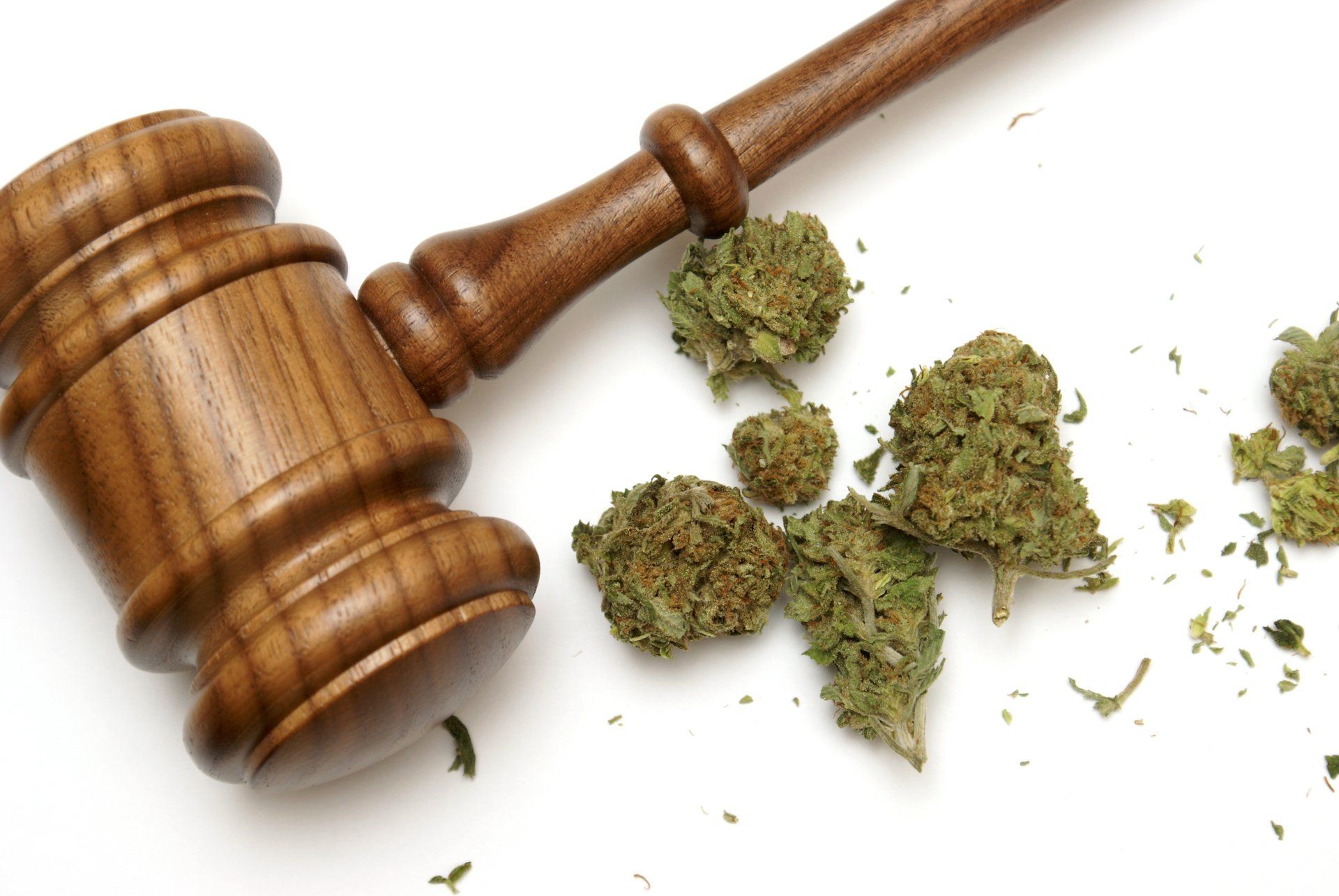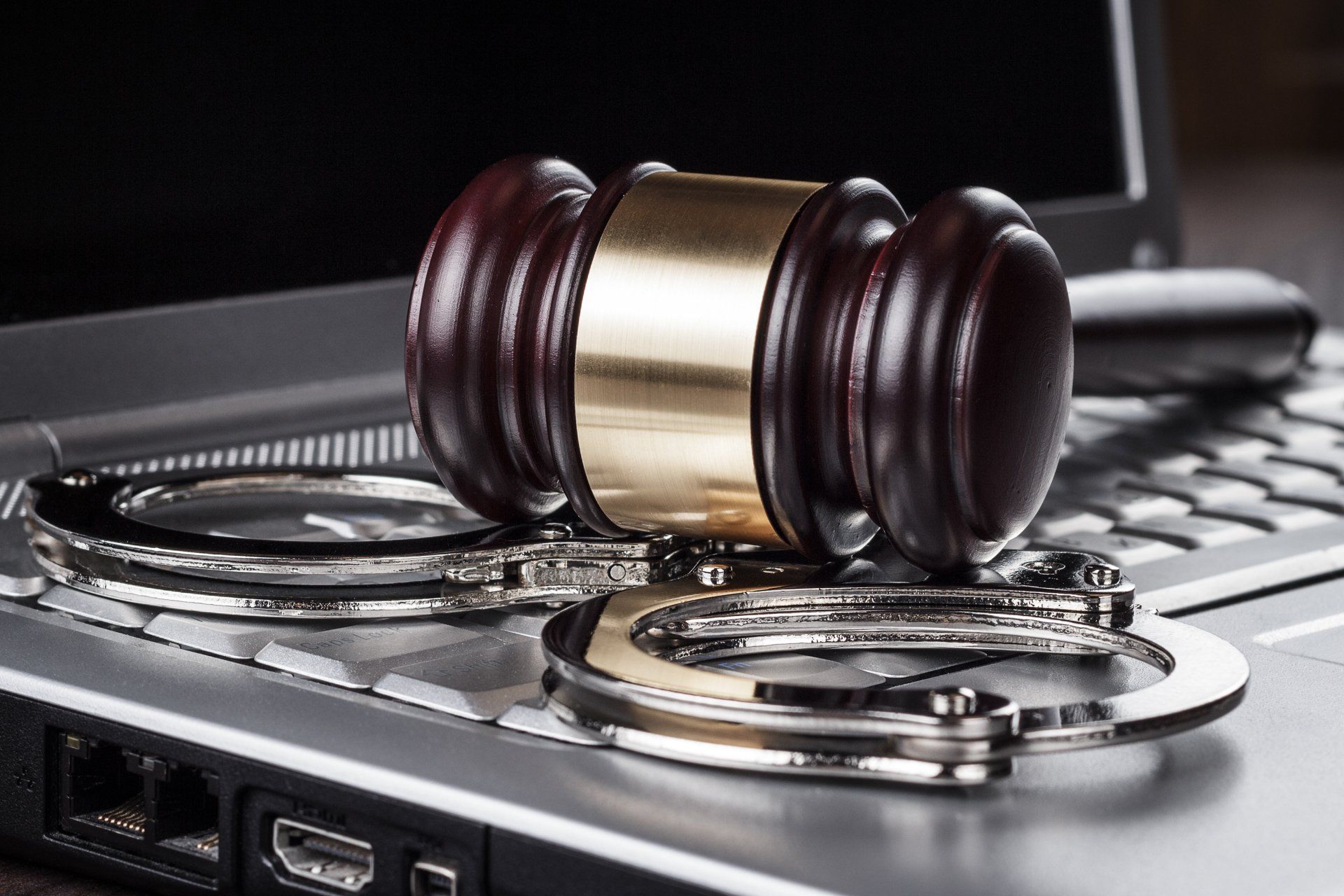The Changing Landscape of Marijuana Prosecutions in Broward County in light of the State Hemp Program
- By Antonio D. Quinn, Esq.
- •
- 07 Oct, 2019
- •
Recent Policy Changes to Marijuana Possession Prosecutions in South Florida

Florida lags behind many other states in terms of modernizing the approach taken to marijuana possession. Under Florida law, possession of under 20 grams of marijuana is a first degree misdemeanor which carries a maximum penalty of up to one year in jail. Possession of over 20 grams of cannabis under Florida Law is a felony where a person faces a maximum sentence of 5 years in Florida State prison or possibly even more depending upon the amount of marijuana that the individual was arrested with. Prosecutors in South Florida have for the most part aggressively pursued all marijuana possession cases in the past. Many other states have chosen to either decriminalize marijuana and several others have outright legalized marijuana for recreational use. Unfortunately the Florida legislature has not been as progressive in marijuana possession policy as some states, however medical marijuana has been legalized by the voters which is a positive step in the right direction. Another step away from vigorous marijuana prosecutions has been taken recently when the Florida legislature passed a recent law legalizing hemp.
Hemp and cannabis are derived from the same plant. Hemp generally contains .3% THC or less while cannabis typically contains between 2% and 30% THC. On June 25, 2019, Florida governor Ron DeSantis signed SB 1020 also known as the State Hemp program into law pursuant to Fla. Stat. 581.217. Under the new law, hemp is no longer considered a controlled substance under Florida law. A practical problem has arisen for law enforcement in Florida due to the fact that the field test utilized by law enforcement to determine the presence of THC does not discern between hemp products which are legal to possess and THC which is not legal to possess in Florida. There is a lab test available to law enforcement which can make the distinction between THC and hemp, however the test is expensive and up to two grams of cannabis are consumed by the testing process. It is for this reason that the Broward State Attorney's Office has instituted a policy whereby misdemeanor criminal charges will only be filed in cases where at least three grams of cannabis are found in a person's possession. If a person is found to be in possession of THC oil, (which is a felony) formal charges will not be filed in Broward County unless there is at least a 3 gram minimum net weight. For felony marijuana possession cases a 24 gram minimum net weight is required in order for charges to be filed again due to the amount that is consumed during the testing. There is also a new recommendation by the State Attorney's office in Broward County that cannabis and THC cases be handled by a pre-trial diversion program which can spare the defendant from having a criminal record as a result to the arrest.
Hemp and cannabis smell, feel and look the same making the two substances virtually indistinguishable to law enforcement. Both hemp and cannabis can also be smoked. For law enforcement officers, there is no way to discern whether a plant is hemp of cannabis based on either plain view or odor, which are the two things which law enforcement officers have traditionally relied on in order to obtain probable cause to search a person. place or vehicle. Many police agencies in Florida have instructed their officers to not detain an individual due to the mere fact that they detect the odor of cannabis or marijuana.
Hemp Law Implications for the Search of a Vehicle
Law enforcement agencies are adopting the "odor plus" standard when determining whether there is probable cause to search a vehicle in light of the recent hemp law legislation. This is the approach followed by law enforcement agencies in other states who have confronted the hemp/cannabis issue. This approach requires law enforcement officers to observe circumstantial evidence beyond just the scent of cannabis or marijuana in order to establish probable cause to search a vehicle. Examples of the types of additional evidence which law enforcement officers will look for include a prior criminal record, the viewing of illicit activity, admission of possession of a controlled substance, a hand to hand transaction prior to a vehicle stop, signs of impairment and bundles of cash. The legal issue of what actually establishes probable cause for a search of a vehicle for marijuana is currently an unsettled and fluid issue in the Florida Courts. There are sure to be numerous legal developments in this area in the coming months and years, however as a practical matter, it is probably only a matter of time before Florida voters will pass legislation which legalizes recreational marijuana use as has already been done in several states throughout the United States.
Hemp and cannabis are derived from the same plant. Hemp generally contains .3% THC or less while cannabis typically contains between 2% and 30% THC. On June 25, 2019, Florida governor Ron DeSantis signed SB 1020 also known as the State Hemp program into law pursuant to Fla. Stat. 581.217. Under the new law, hemp is no longer considered a controlled substance under Florida law. A practical problem has arisen for law enforcement in Florida due to the fact that the field test utilized by law enforcement to determine the presence of THC does not discern between hemp products which are legal to possess and THC which is not legal to possess in Florida. There is a lab test available to law enforcement which can make the distinction between THC and hemp, however the test is expensive and up to two grams of cannabis are consumed by the testing process. It is for this reason that the Broward State Attorney's Office has instituted a policy whereby misdemeanor criminal charges will only be filed in cases where at least three grams of cannabis are found in a person's possession. If a person is found to be in possession of THC oil, (which is a felony) formal charges will not be filed in Broward County unless there is at least a 3 gram minimum net weight. For felony marijuana possession cases a 24 gram minimum net weight is required in order for charges to be filed again due to the amount that is consumed during the testing. There is also a new recommendation by the State Attorney's office in Broward County that cannabis and THC cases be handled by a pre-trial diversion program which can spare the defendant from having a criminal record as a result to the arrest.
Hemp and cannabis smell, feel and look the same making the two substances virtually indistinguishable to law enforcement. Both hemp and cannabis can also be smoked. For law enforcement officers, there is no way to discern whether a plant is hemp of cannabis based on either plain view or odor, which are the two things which law enforcement officers have traditionally relied on in order to obtain probable cause to search a person. place or vehicle. Many police agencies in Florida have instructed their officers to not detain an individual due to the mere fact that they detect the odor of cannabis or marijuana.
Hemp Law Implications for the Search of a Vehicle
Law enforcement agencies are adopting the "odor plus" standard when determining whether there is probable cause to search a vehicle in light of the recent hemp law legislation. This is the approach followed by law enforcement agencies in other states who have confronted the hemp/cannabis issue. This approach requires law enforcement officers to observe circumstantial evidence beyond just the scent of cannabis or marijuana in order to establish probable cause to search a vehicle. Examples of the types of additional evidence which law enforcement officers will look for include a prior criminal record, the viewing of illicit activity, admission of possession of a controlled substance, a hand to hand transaction prior to a vehicle stop, signs of impairment and bundles of cash. The legal issue of what actually establishes probable cause for a search of a vehicle for marijuana is currently an unsettled and fluid issue in the Florida Courts. There are sure to be numerous legal developments in this area in the coming months and years, however as a practical matter, it is probably only a matter of time before Florida voters will pass legislation which legalizes recreational marijuana use as has already been done in several states throughout the United States.




